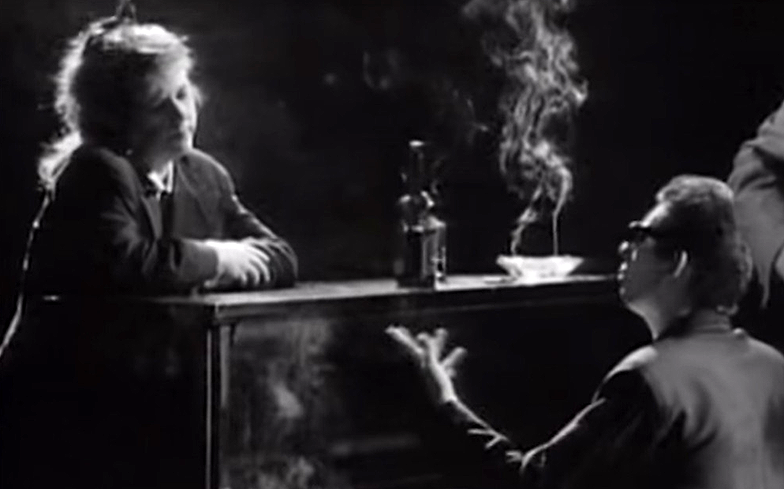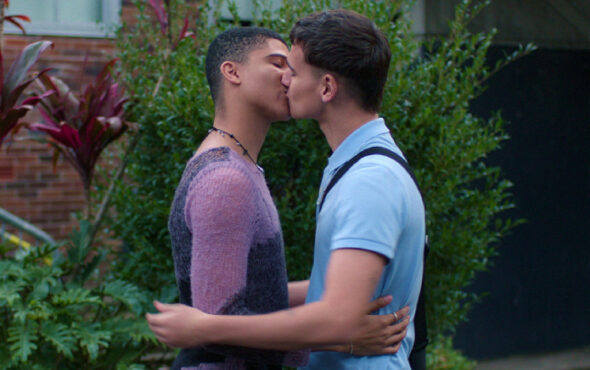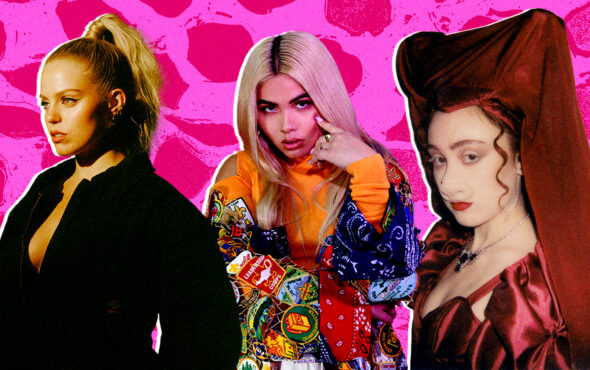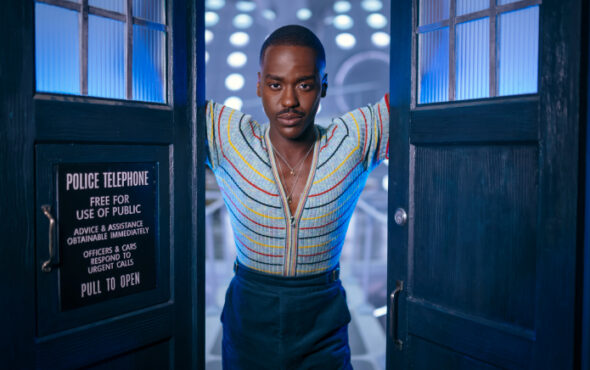
BBC Radio 1 will air a censored version of The Pogues’ Fairytale of New York.
The festive staple is one of the most played Christmas songs in history, but has been condemned by the LGBTQ+ community in recent years for the use of the word “f****t”.
It sees frontman Shane MacGowan and Kirsty MacColl adopting the roles of a toxic couple whose marriage is on the brink of collapse.
When the song is on rotation this year, the channel will omit the homophobic slur from MacColl’s verse, as well as the word “slut”.
BBC Radio 2 will air the original, but have been given permission from 6 Music to play the version of their choice.
The BBC said: “We know the song is considered a Christmas classic and we will continue to play it this year, with our radio stations choosing the version of the song most relevant for their audience.”
In 2018, MacGowan defended the controversial track, stating: “The word was used by the character because it fitted with the way she would speak and with her character.
“She is not supposed to be a nice person, or even a wholesome person. She is a woman of a certain generation at a certain time in history and she is down on her luck and desperate.
“Her dialogue is as accurate as I could make it but she is not intended to offend!”
He continued to say that she was meant to be a “an authentic character” and that some characters have to be “evil or nasty to tell the story effectively.”
However, he did say that he doesn’t mind if the song is censored because he doesn’t “want to get into an argument”.
Last year, the Christmas special of Gavin and Stacey received backlash for playing the uncensored version, with over 900 people issuing a complaint to the BBC.
“While the word ‘f****t’ is now widely acknowledged as having the potential to offend, the song never suggests or implies that this is,” the BBC said in response, claiming it doesn’t “link it to homosexuality”.
“We understand that some people will find it offensive in any context but we also recognise that the song is widely played and enjoyed in its original form,” they continued.
“Ofcom have previously stated that they feel it is ‘unlikely that audiences would widely perceive [the song] as a serious attempt to denigrate the homosexual community.’”



